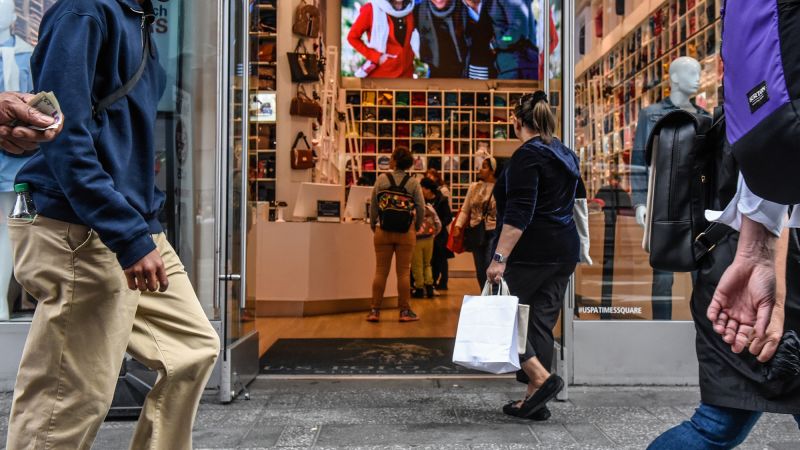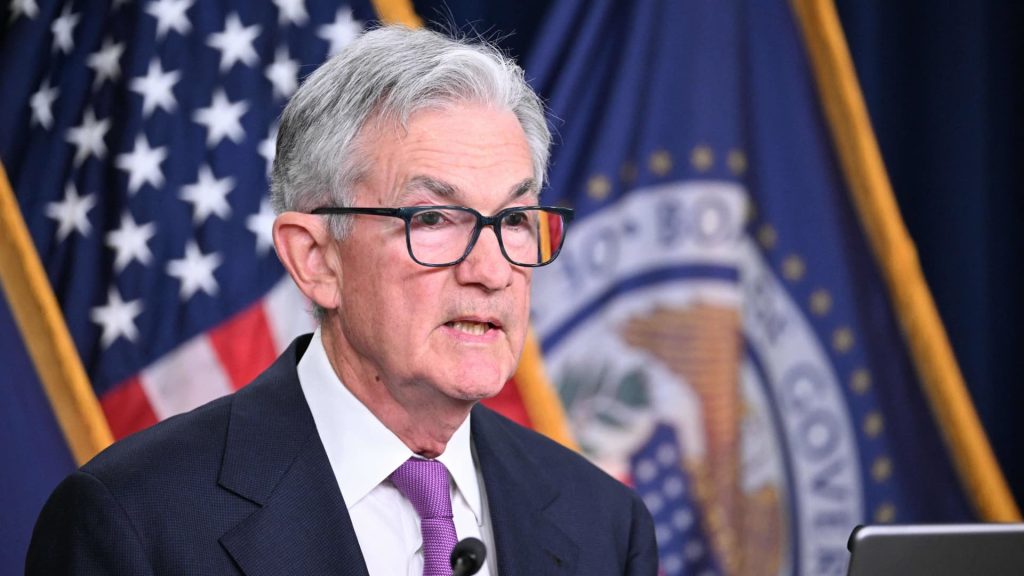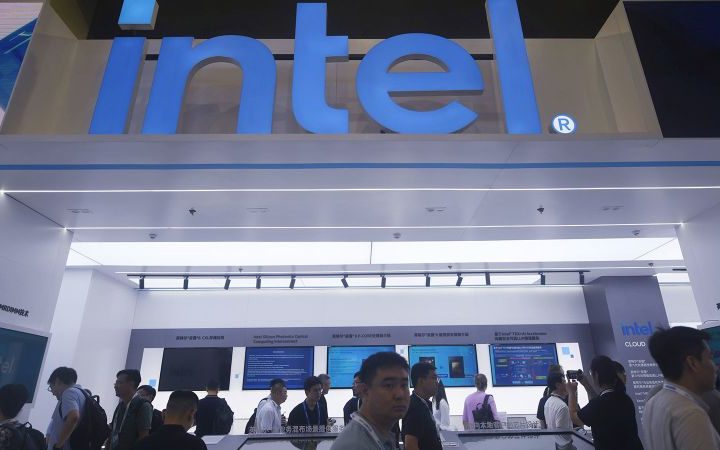Americans are losing confidence about the economic outlook.
For the third month in a row, the Conference Board’s Consumer Confidence Index fell — dropping to 102.6 in October from an upwardly revised 104.3 in September. The index is at its second-lowest level this year, landing a hair above May’s 102.5 reading, according to Conference Board data.
October’s decline came as “consumers continued to be preoccupied with rising prices in general, and for grocery and gasoline prices in particular,” Dana Peterson, chief economist at the Conference Board, said in a statement on Tuesday. “Consumers also expressed concerns about the political situation and higher interest rates,” she said, adding that the Israel-Hamas war also impacted consumers’ views on the economy.
But the tentative deals the Big Three automakers reached with the United Auto Workers in the past week that are poised to end the longest auto strike in 25 years will probably improve consumer confidence in the next release, said Bill Adams, chief economist for Comerica Bank.
The decline in consumer confidence was not evident across all age groups and household income levels. Consumers below the age of 35 felt slightly more optimistic about the state of the economy this month than last. People above the age of 55 exhibited the biggest monthly decline in consumer confidence.
Meanwhile, consumers with a household income between $25,000 to $35,000 saw the biggest decline in confidence about the economy over the past month. In contrast, consumers with a household income between $100,000 to $125,000 saw the biggest jump in confidence over the past month.
The business organization’s “Expectations Index” stayed below 80 for the second month in a row and declined slightly further to 75.6 in October from an upwardly revised 76.4 in September. This reflects “a decline in confidence about future business conditions, job availability, and incomes,” Peterson said.
Despite the remarkable third-quarter gross domestic report that showed the economy grew at an annualized rate of nearly 5% as consumer spending remained robust in the face of high interest rates, Americans aren’t ruling out a recession.
“More than two-thirds of consumers still said recession is ‘somewhat’ or ‘very likely’ in October,” Peterson noted. The prospect of a recession is causing some consumers to rethink big-ticket purchases like homes, she said.
At the same time, home prices and mortgage rates are rising with the average 30-year fixed-rate mortgage approaching 8%.
Even though the report suggests consumers are “a bit more nervous about the future,” they are “holding up amid the headwinds,” said Jeffrey Roach, chief economist for LPL Financial.
The new data comes as Federal Reserve officials kicked off their two-day monetary policy meeting. The central bank is widely expected to announce on Wednesday that it will hold interest rates steady amid the rise in US bond yields.
Read the full article here







